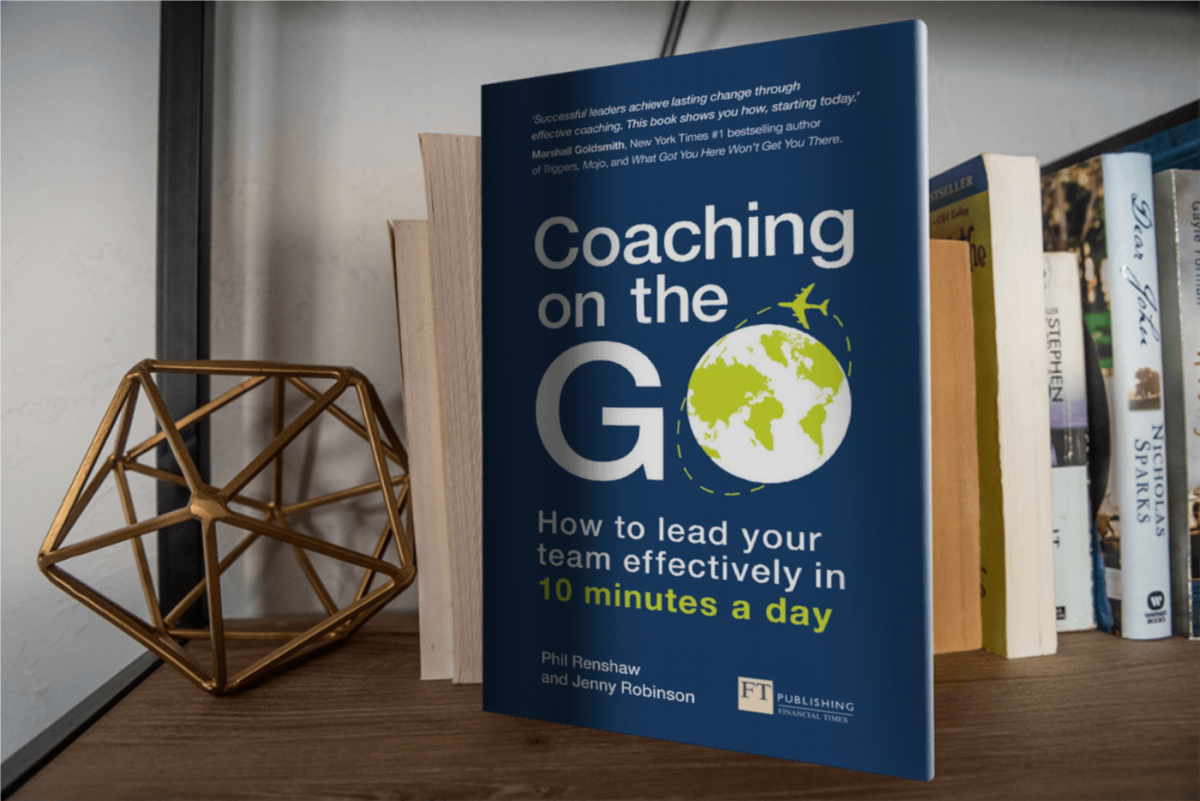Guest Blog: How to find a mentor while homeworking or on furlough

Mentoring, coaching and offering support are probably more important than ever under the restrictions placed on us due to the Covid-19 pandemic.
But does our idea of mentoring need a rethink? Does it take a wide enough view of ‘leadership skills’? And how do you find a ‘mentor’ in lockdown?
What is mentoring?
Traditionally, mentoring is where a senior, more experienced and probably older individual shares wisdom with someone junior, inexperienced and probably younger. The mentor introduces their ‘novice’ to new ideas and networks.
But the most effective mentoring is a two-way relationship. The mentor should be learning by developing their own leadership skills at the same time as offering benefit to the mentee.
Even more importantly, the ‘mentee’ will almost certainly have knowledge and awareness that they can usefully share with their mentor.
Why young people should mentor more senior professionals
Someone in their 40s or 50s achieved much of their career success in a working world that’s different from today’s work environment.
Younger people will often have much greater knowledge, skills and aptitude with issues such as: Someone in their 40s or 50s achieved much of their career success in a working world that’s different from today’s work environment.

Younger people will often have much greater knowledge, skills and aptitude with issues such as:
- technology
- diversity
- Millennial and Gen-Z thinking, and,
- many current trends.
That puts younger people in a great position to mentor their seniors, which gives the opportunity for those younger people to develop their leadership skills such as:
- listening
- motivation
- coaching
- offering effective feedback and so much more.
How to find a mentor in Covid-19 while homeworking or in lockdown
Often when people are looking for a mentor, they’re looking for senior people to introduce them to loads of contacts or get them a great job. And they’re thinking short term.
Think about what you can offer someone else in the mentoring process – building a two-way relationship. That changes the framing. And recognise that this is going to be long term.
Even if you’ve only just started work, look for people who may be interesting and have a different perspective to yours. This can be inside or outside your organisation. Then it’s simply a question of reaching out.
How to reach out
If you can find a mutual contact, ask for an introduction. Otherwise use tools like LinkedIn and social media.
Remember, email overload is much higher than usual right now. In the past, you’d always get some sort of response, even if it was ‘contact me again in three months’. But at the moment a lot of people may not reply at all. It’s not personal.
Keep at it. Make a note of who you’ve approached then come back in three months and ask again.
How to approach a potential mentor
The best approach is always to ask for advice. People like to give and they like to be respected.
If you go in asking for anything else – like ‘Can you connect me with your company?’ or ‘I’m interested in working for your company’ – you’re asking for too much in your initial contact.
Say that you’re looking for advice as a first step, but also to develop a longer professional relationship based on mutual mentoring and understanding different perspectives. Remember, you have something to offer as well.

Mentoring and finding a mentor while on furlough
If you’re looking for a mentoring relationship to help find new work, any relationships you build now will probably be too new for that.
However, furlough is a great time to build relationships, ask for advice and offer your knowledge and perspectives.
A simple offer of a chat over a virtual coffee is powerful, though it works better with someone you already know – a colleague or former colleague. Contact them to catch up and hear how things are going.
And make the most of your university alumni group. Look for overlaps in expertise and interests – ‘I’d be interested in what you think of x, I can share my thoughts on y.’
That allows you to start building a relationship for the future.
This content has been created by authors in their personal capacity. Any views, thoughts and opinions expressed belong solely to the authors and do not necessarily reflect the official policy or position of Pearson.